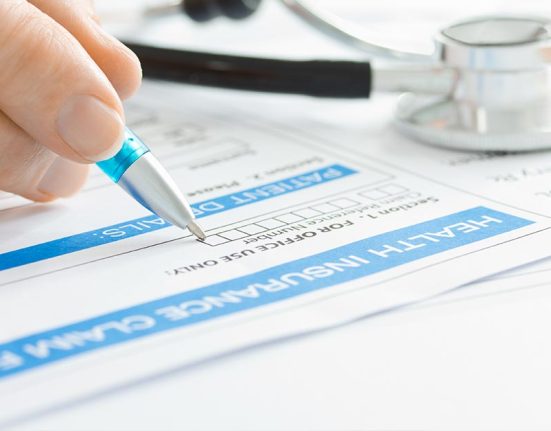What Is Sodium?
Sodium is a mineral contained in many foods. Sodium can occur naturally, or may be added during food processing for texture or to preserve food. Sodium is also contained in salt. Salt is referred to as sodium chloride, and comprises about 40% sodium and 60% chloride. Thus, sodium is also added to foods during the cooking process. Our body needs some sodium for normal functioning (sodium deficiency can be a problem). However, consumption of too much sodium is is bad for our health .
Average Sodium Intake In Singapore Is Too High
The average daily sodium intake among Singaporeans is 3,600mg or more than 1.5 teaspoons of salt, according to MOH. This is approximately twice as much sodium as the daily limit of less than 2,000mg suggested by the World Health Organization.
Why Is Sodium Bad For Our Health?
Adverse Impact On Cardiovascular, Kidney And Liver Health
One of the most serious adverse health impact of over-consumption of sodium in on your blood pressure. Sodium retains water in your body and this can lead to an increase in the volume of blood that flows through your arteries and blood vessels. This causes a blood pressure increase and is a significant risk factor for heart disease and stroke. High sodium intake may also lead to kidney failure and potentially liver failure too.
Water Retention
The first thing you could notice is that you feel puffier or more bloated than usual. This occurs as a result of your kidneys’ desire to keep a particular sodium-to-water ratio in your body. To order to do this, they retain more water to make up for the increased sodium they ate. Your hands and feet may enlarge as a result of this increased water retention, which can also make you weigh more than usual.
Extreme Feeling Of Thirst
A salty meal may also make you feel extremely thirsty or experience dry mouth. Another method your body tries to balance the sodium-to-water ratio is by encouraging you to drink. You may urinate more frequently than normal as a result of the consequent increase in fluid consumption.
Our Tip 5 Tips For Reducing Sodium Consumption
There are many ways we can reduce our consumption of sodium – here are our top 5 picks for simple but effective ways this can be done:
- Choose fresh foods instead of preserved or processed foods.
- Taste your food before adding rushing to add more salt or sauces – it might already be flavourful enough.
- Change your mindset that foods have to be salty in order to be tasty. Less salt in fact allows you to savour the natural flavours of your fresh foods.
- If you need to snack, switch to unsalted fresh or dried fruits and nuts, instead of eating salty snacks like chips and salted nuts.
- When eating out, ask for less gravy, less salt and less sauces to be used during cooking.
Want more tips on how you can reduce your sodium intake? Check out Singhealth’s list of recommendations for additional ideas!
Protect against cancer, cardiovascular disease, and other chronic diseases with regular health screening. Compare and shop for health screenings from Singapore and regional healthcare providers at a single convenient platform - shop.health365.sg
This article is informative only and is not intended to be a substitute for professional medical advice, diagnosis, or treatment, and should never be relied upon for specific medical advice.
























































